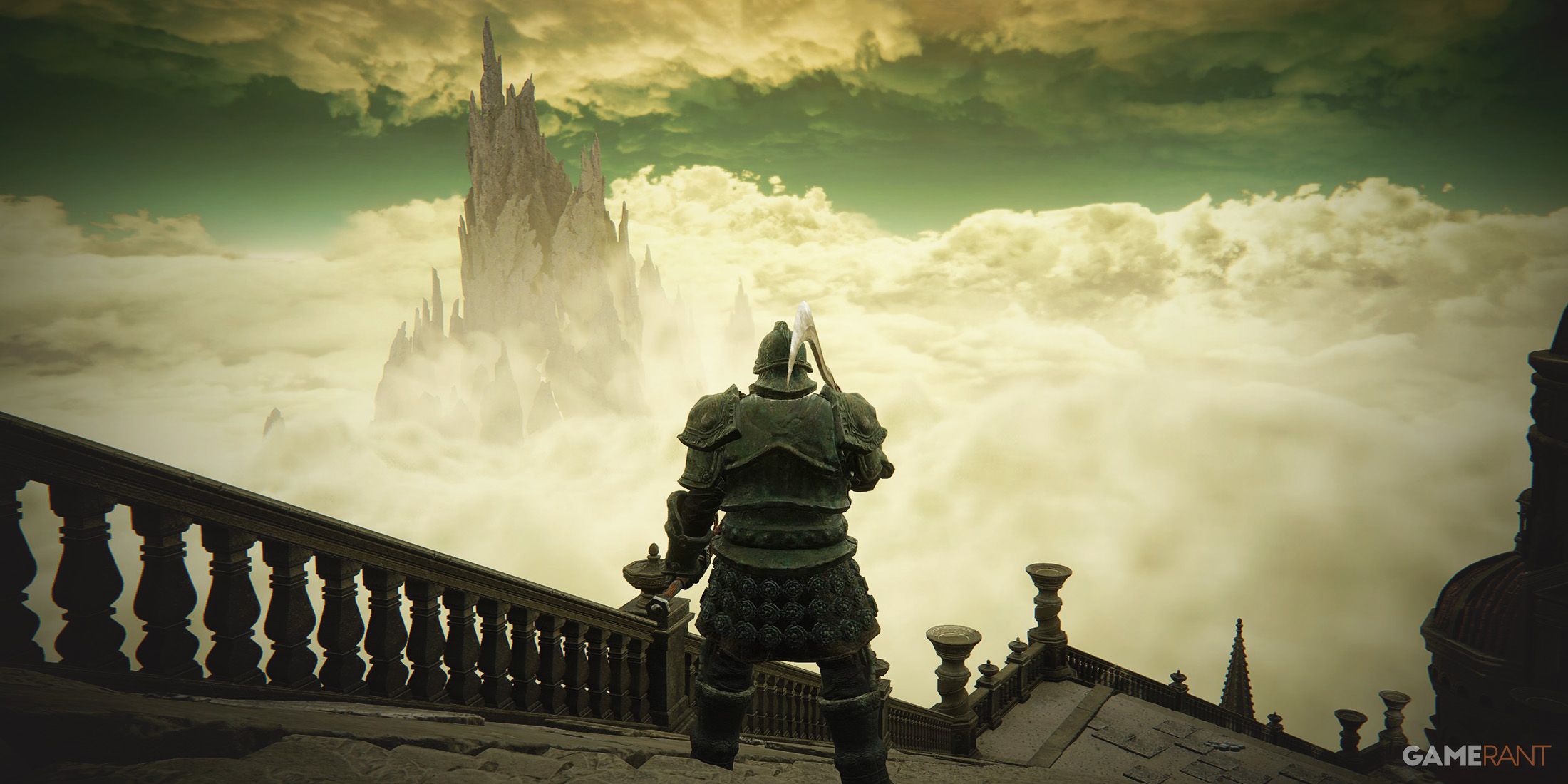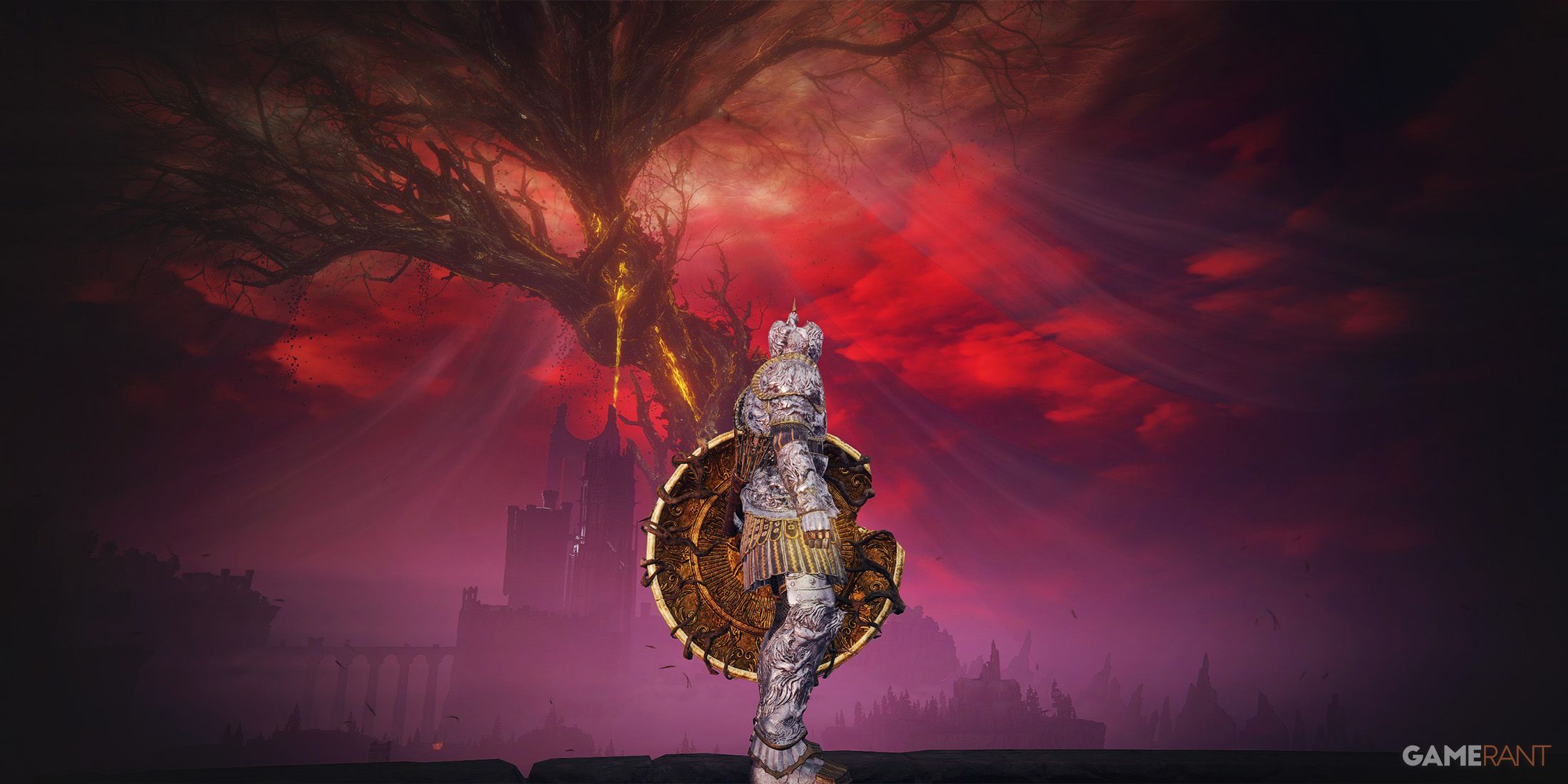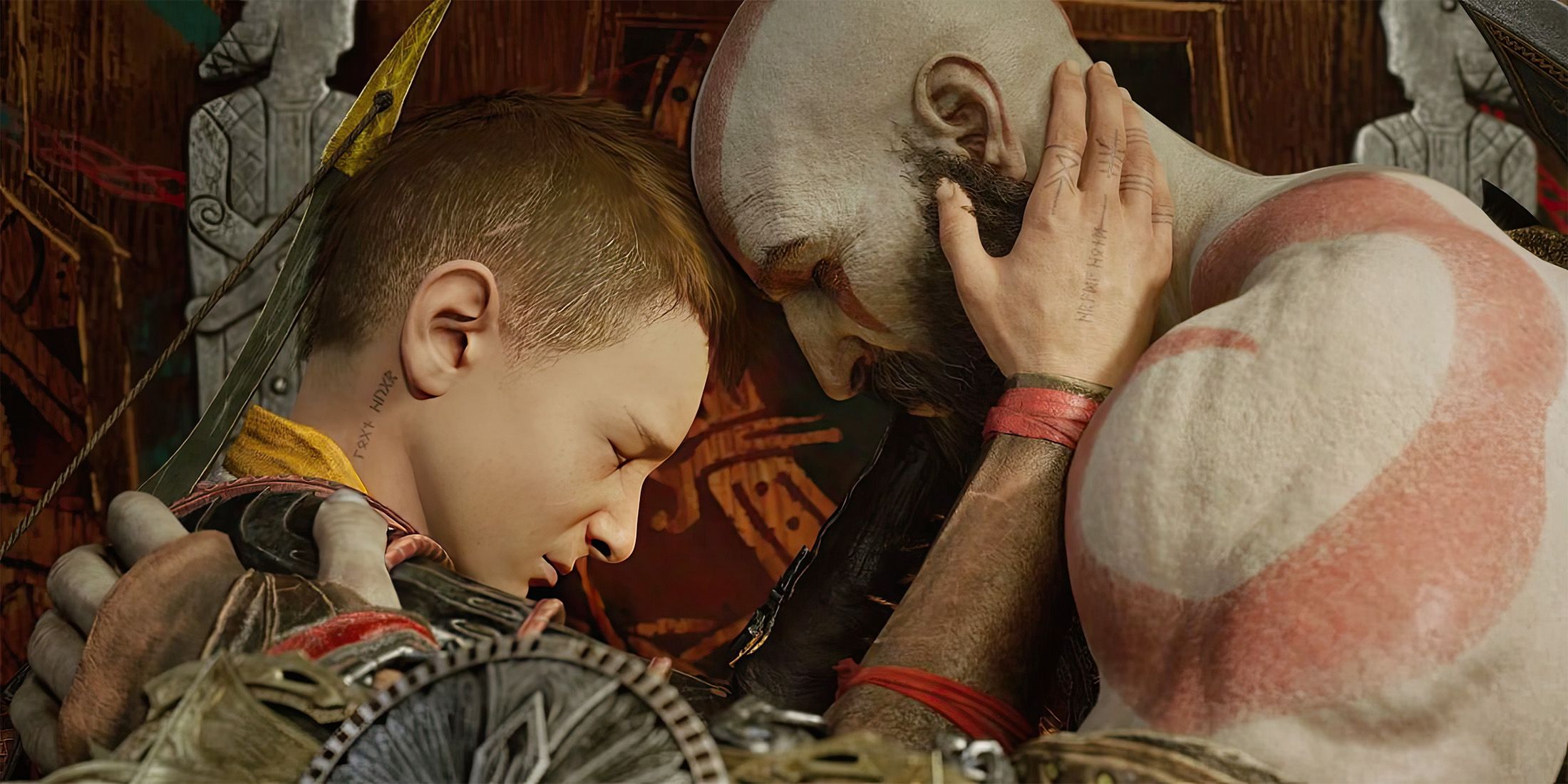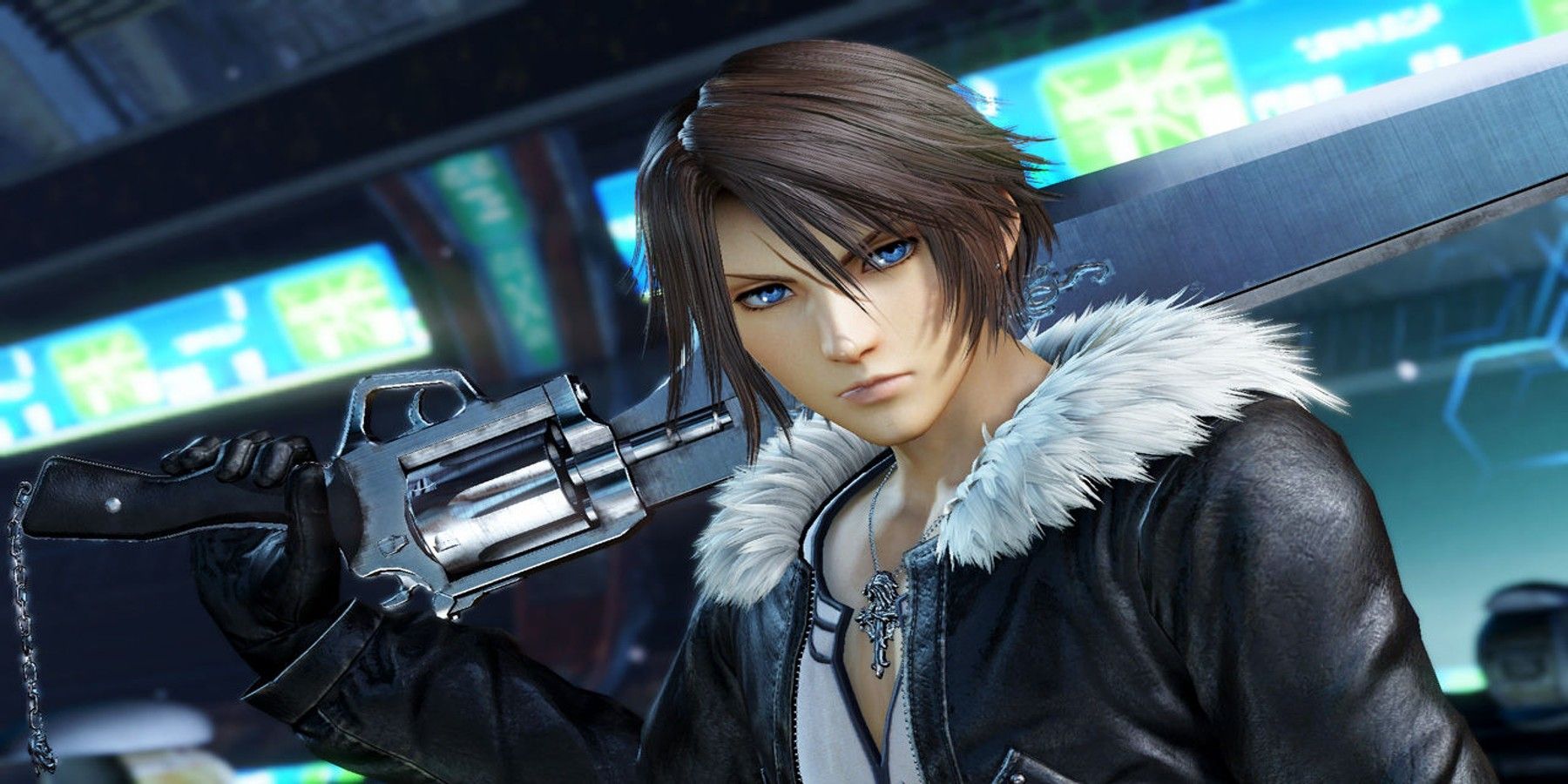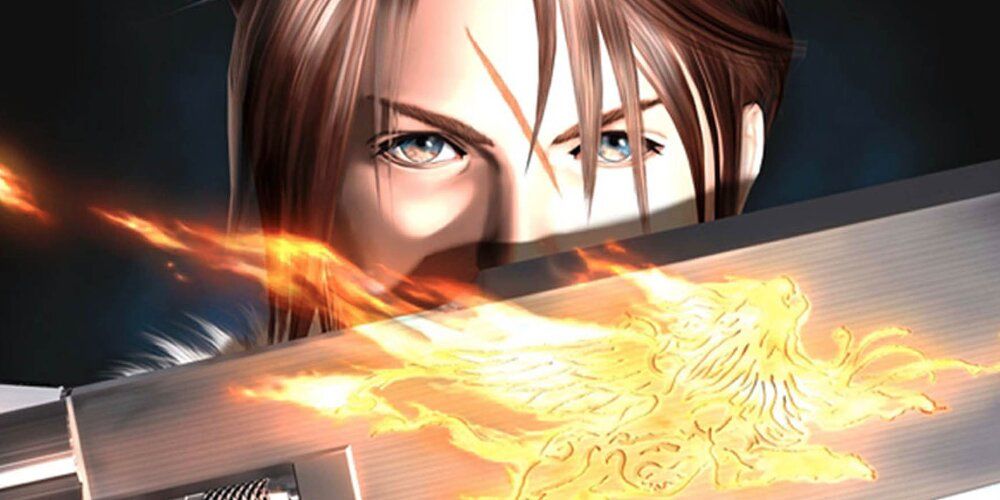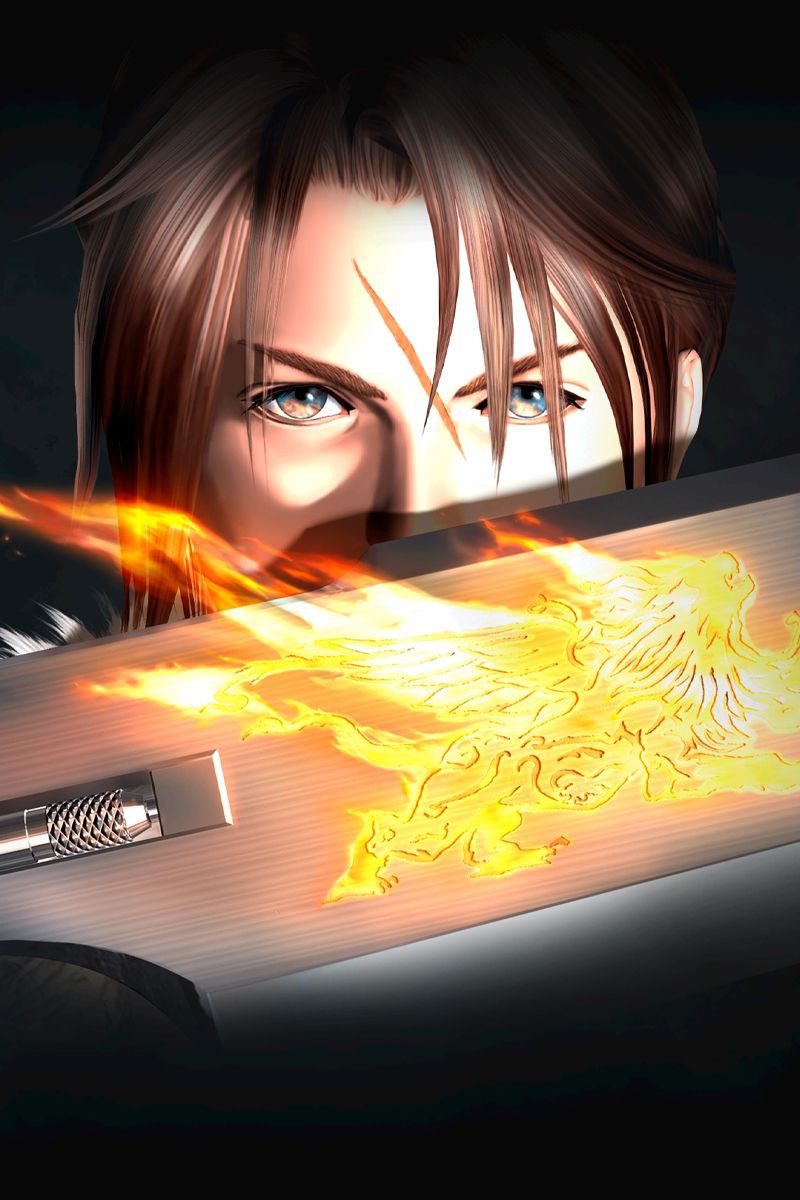Highlights
- Final Fantasy 8's mechanics are surprisingly complex and unique compared to other games in the series, requiring players to grind and engage with intricate systems to overcome challenges.
- While Final Fantasy 7 introduced a more accessible leveling system, Final Fantasy 8's GF and Junction systems offer a deeper level of customization and strategy, providing players with the ability to make their party incredibly powerful.
- Final Fantasy 8's individuality and departure from previous games in the series have led to mixed reactions, with some fans embracing its mechanics and others finding it less appealing. However, it has still developed a cult following and is considered an excellent RPG for those who choose to engage with its mechanics.
Considering the mainstream success and crossover appeal of its direct predecessor, the amount of mechanical depth and complexity in Final Fantasy 8's systems is surprising. In 1999, Square followed up its most popular (and perhaps most approachable) entry in its long-running flagship franchise with a game that introduces a plethora of new mechanics that are completely unique to its proceedings and not featured in any other Final Fantasy game. Revisiting Final Fantasy 8 with the benefit of hindsight and 24 more years of series progress paints it in a much more positive light than many might have initially viewed it in, but it's still an outlier among the mainline Final Fantasy games.
With Final Fantasy 7's leveling of the playing field through the introduction of Materia, which allowed any character to learn various skills and magic, the game essentially presents as the perfect jumping-on point for gamers new to RPGs. In comparison, Final Fantasy 8's GF and Junction systems are infinitely more complex, requiring players to consistently grind encounters to draw magic and then junction it to various stats if they want to have any hope of toppling the game's greatest challenges. Players can ignore many of Final Fantasy 8's intricate mechanics for a more "vanilla" playthrough, but doing so significantly diminishes some of the game's nuance and appeal.
Embracing Final Fantasy 8's Complex Systems Can Break the Game
It's surprising that Square would follow up its most approachable game in the series with one whose mechanics are so intricate as to turn off newcomers, but Final Fantasy 8 is actually more simple than some might initially give it credit for. That said, for those that do decide to dive into the Junction system, it's entirely possible to make the adventuring party incredibly overpowered before even completing Final Fantasy 8's first real mission following Squall becoming an official SeeD member. Most of this can be accomplished through careful playing of the Triple Triad card game, turning the initial hours of a playthrough into a card-battler with a story-driven RPG attached to it.
Learning the right abilities from Guardian Forces (Final Fantasy 8's version of the series' iconic summons) and refining powerful cards into mid and high-tier magic early on in disc 1, players can easily junction 100 of the game's most potent magic to their stats, trivializing any encounter up until disc 2. Further, the ability to manipulate Triple Triad to earn Squall's ultimate weapon Lionheart before the end of the first disc and remove random encounters via the GF Diablos allows players to keep party members' levels low, taking advantage of the Cactaur GF's stat-boosting abilities later in the game to min/max character stats. Players don't need to manipulate these systems for a normal playthrough, but it's practically essential for besting Final Fantasy 8's optional super bosses.
Final Fantasy 8's Individuality is Both a Blessing and a Curse
It's a testament to fans' reaction to and perception of the game that Final Fantasy 8's mechanics have never been used again. Additionally, the departures of Final Fantasy 8 can be looked at as part of the catalyst leading Square to return the series to its roots and deliver the ultimate fan-service game in the series with Final Fantasy 9. That FF8 is one of the last of the classic Final Fantasy games to receive a remaster is indicative of how it fares compared to the rest of the series' catalog and how it is viewed within Square Enix in terms of its perceived importance.
However, like most unique games, Final Fantasy 8 is not without its cult following and has continued to endure as another of the great PS1 games produced by Square during one of the company's most prolific and critically acclaimed eras. The beauty of Final Fantasy 8, and what separates it from its sequel and predecessor, is that players can essentially choose how much they want to engage with its mechanics. Those who do can handily exploit the game, but even those who choose to learn and use them at their base level will find an excellent RPG within.

